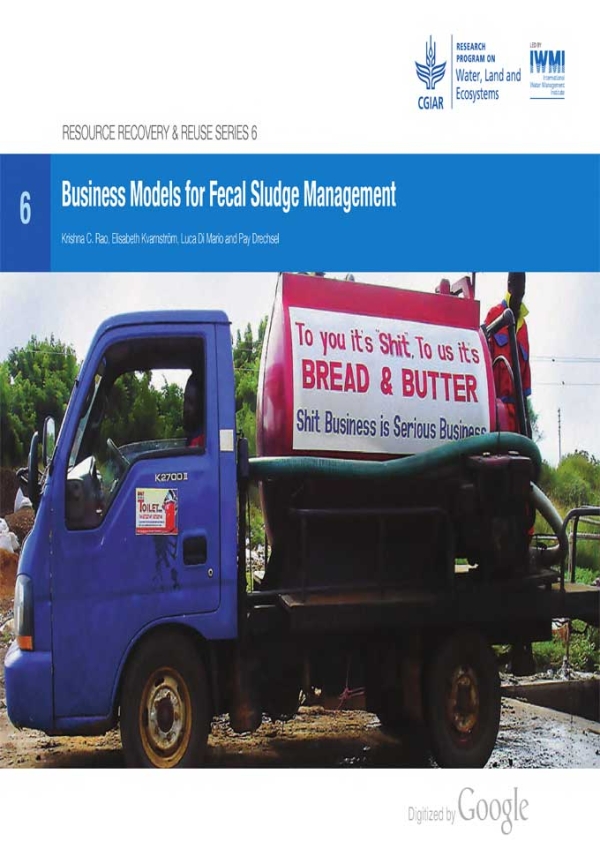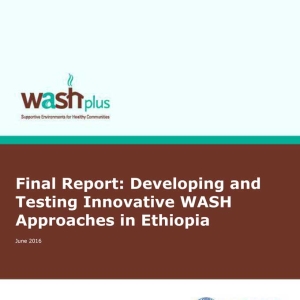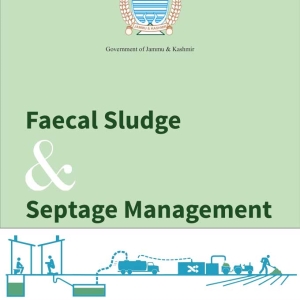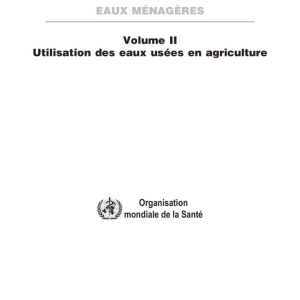Business Models for Fecal Sludge Management
Download Business Models for Fecal Sludge Management
With 2.7 billion people currently relying on on-site sanitation and a global cost of USO 260 billion per year due to inadequate water supply and sanitation, financial and institutional strengthening will be needed to ensure that capital investments into the Sustainable Development Goals (SDGs) translate into effective service delivery. This report aims to increase our knowledge about locally appropriate fecal sludge management models based on data from 23 countries. The SDG indicator 6.2.1 under target 6.2 (sanitation and hygiene) emphasizes the importance of « safely managed sanitation services » which goes beyond the « access to improved sanitation » target of the Millennium Development Goals (MDGs). In the context of sanitation services. on-site sanitation systems (OSSs), such as septic tanks and pit latrines, receive renewed attention as the predominant feature across rural and urban areas in most developing countries, and due to their continuing competitive advantage for future developments. The SDG target comes well in time, as the management of fecal sludge captured in OSSs remains one of the most neglected challenges of the last few decades. Constrained by limited policy attention and missing treatment plants for fecal sludge from OSSs, data on pit desludging, transport and disposal thus remain extremely scarce. Given the need for transporting of sludge, fecal sludge management (FSM) is often handled by truck operators of the (in)formal private sector or a mix of public and private operators, and in many settings the seNice falls in a grey area outside regulatory frameworks or utility jurisdictions.
Produits similaires
PARTENAIRE

Contactez-nous
Abidjan – Ivory Coast Cocody Riviera Palmeraie
Tél. : (+225) 27 22 49 96 11 / 27 22 49 96 13 – Email : contact@afwasa.org







